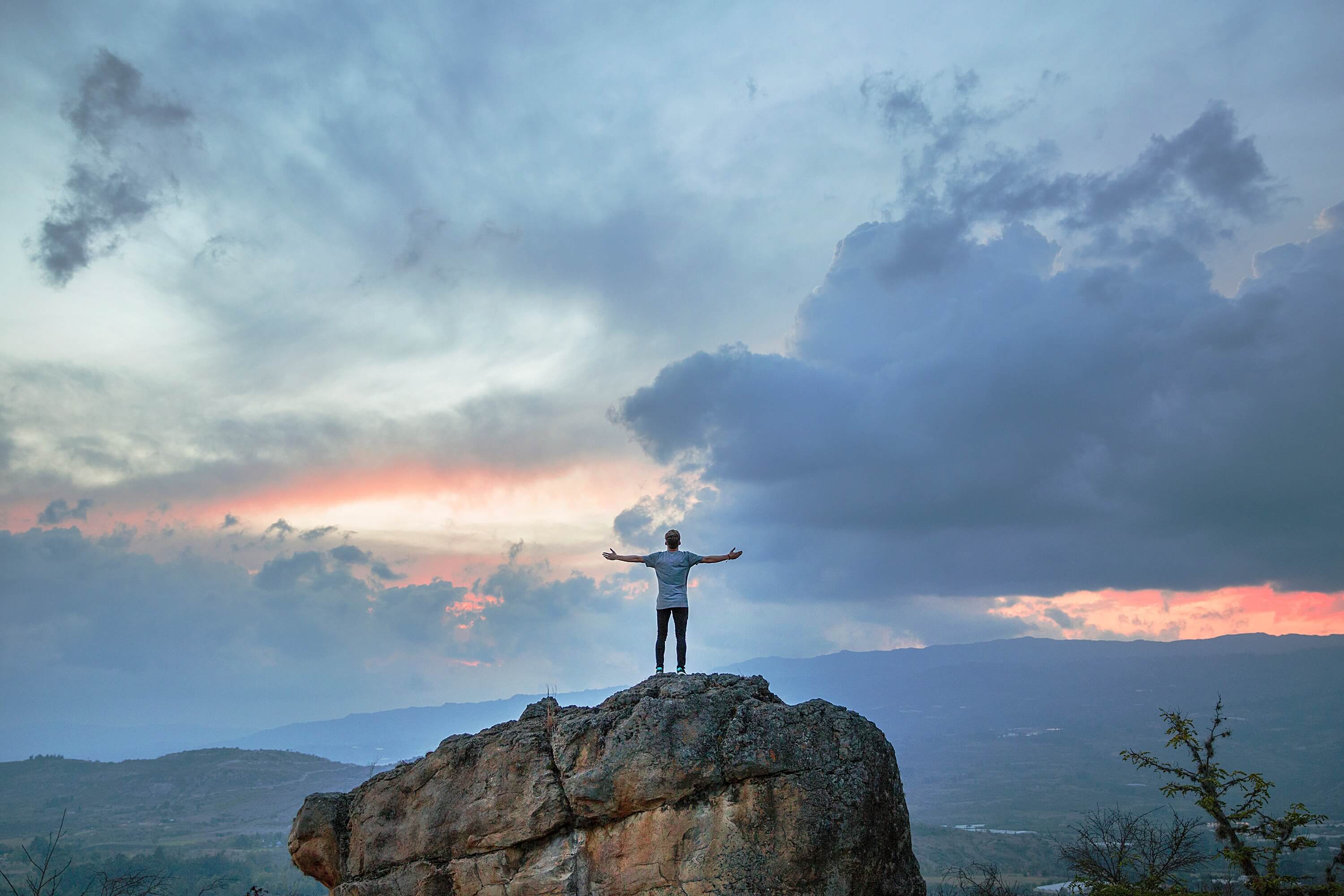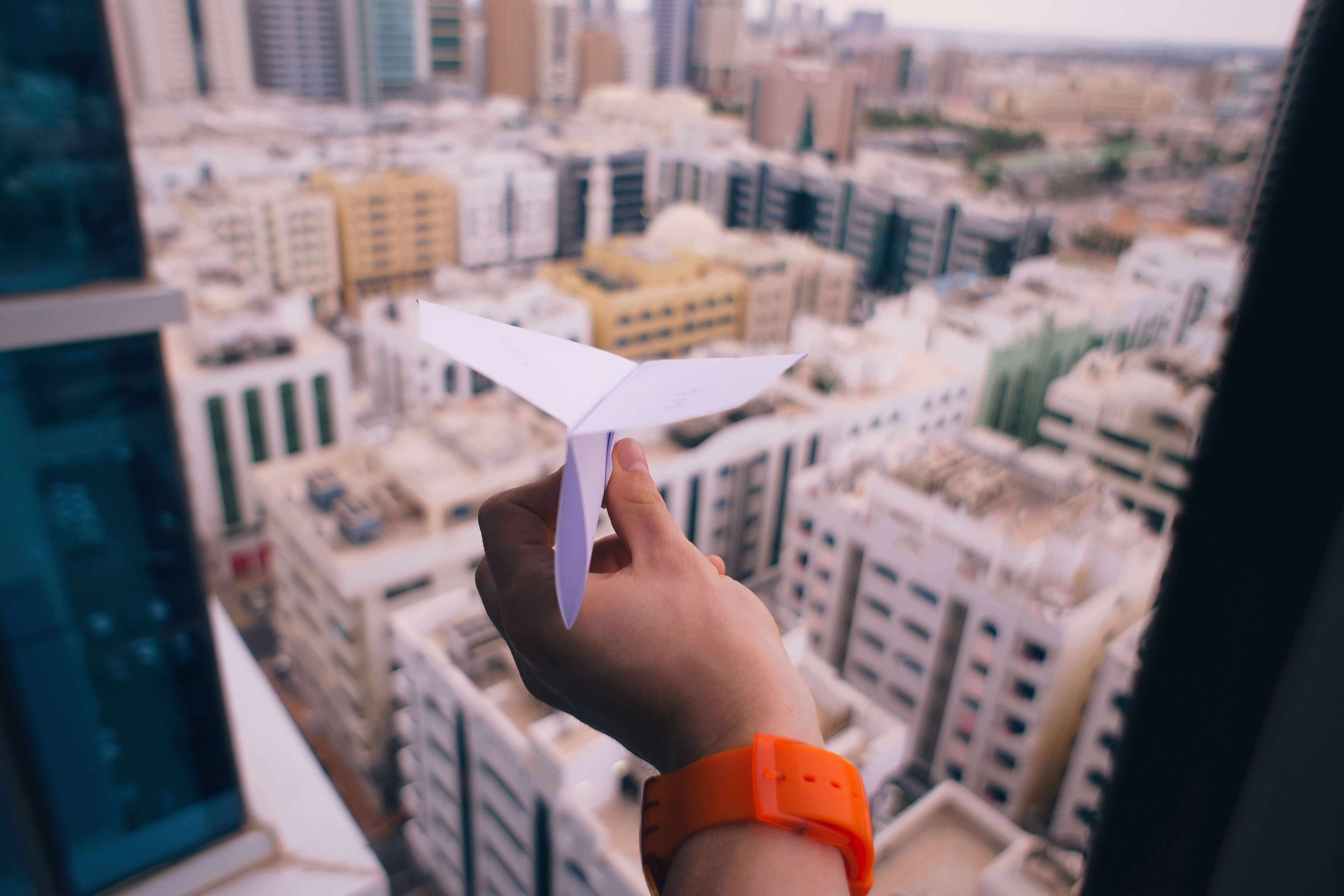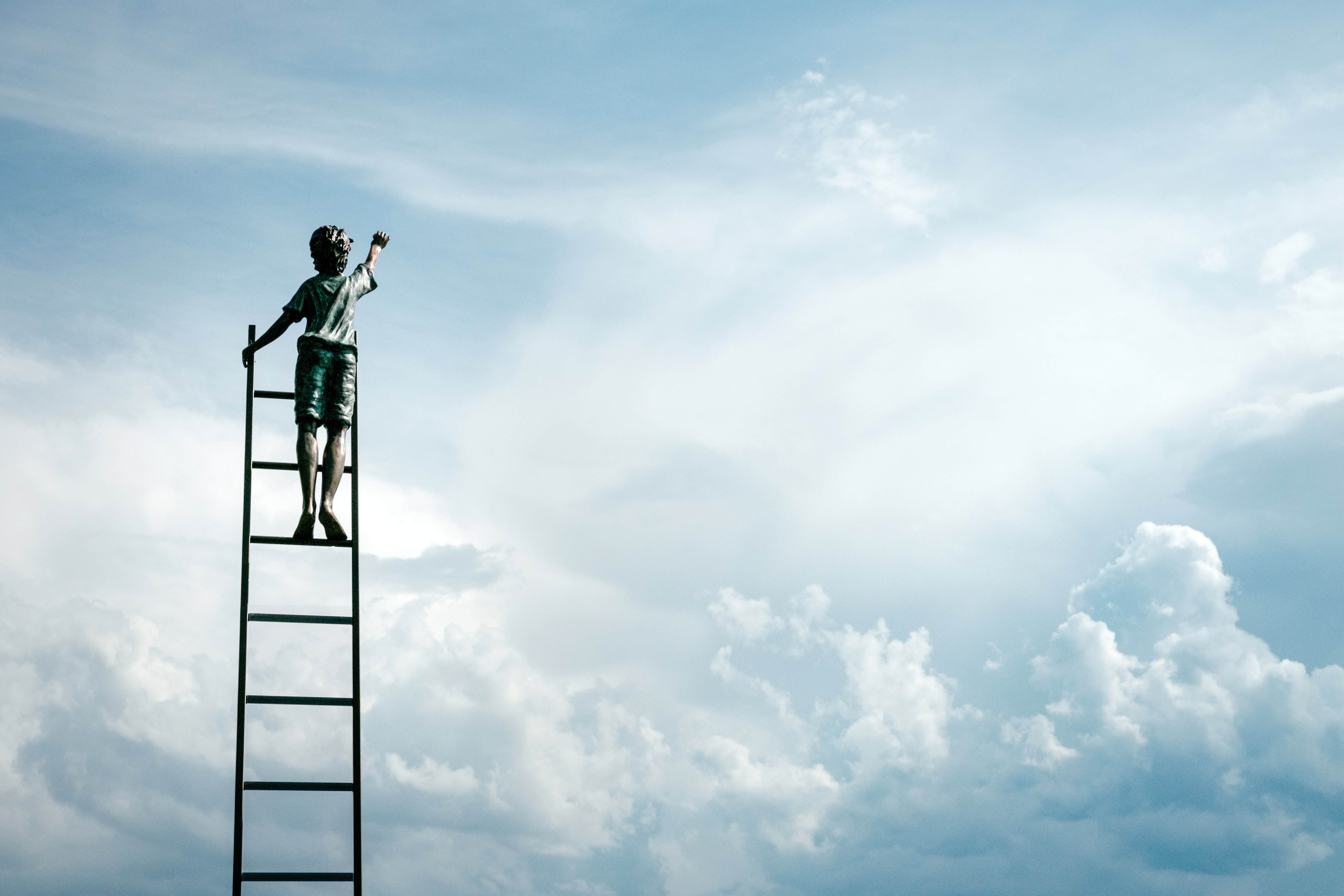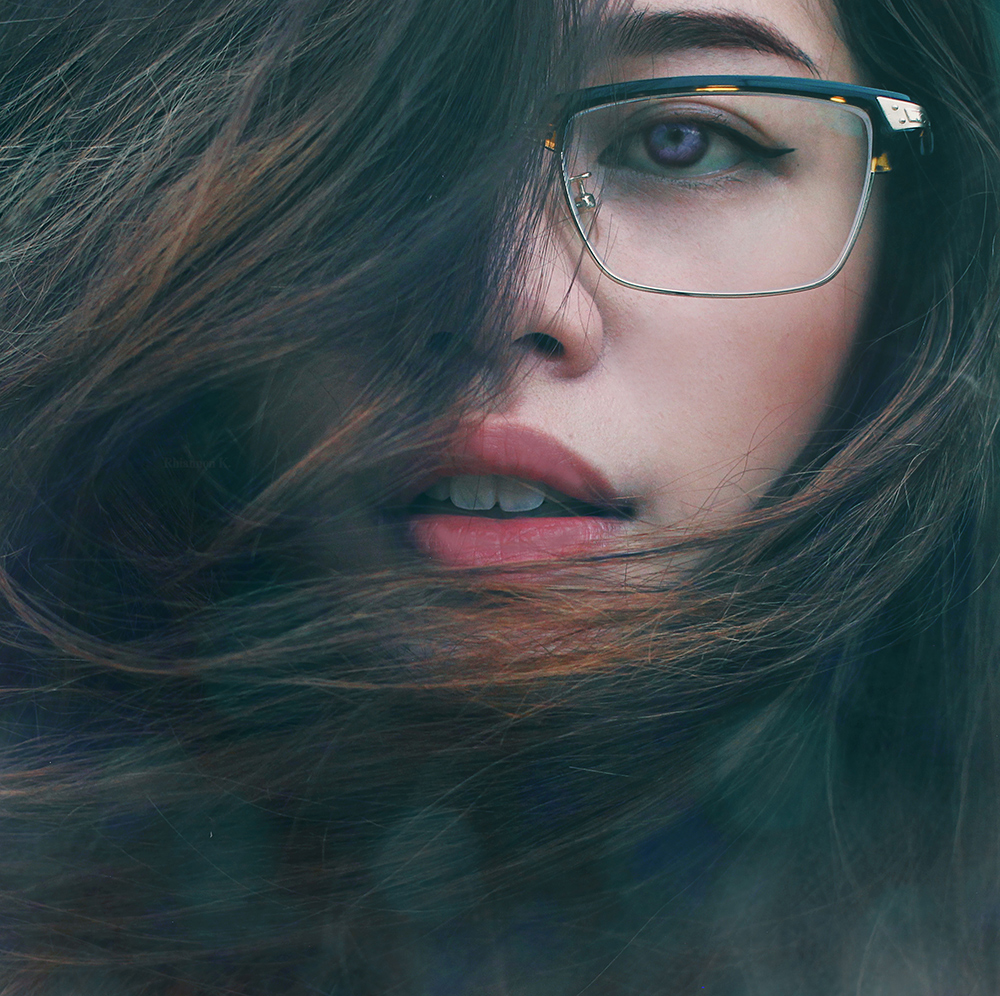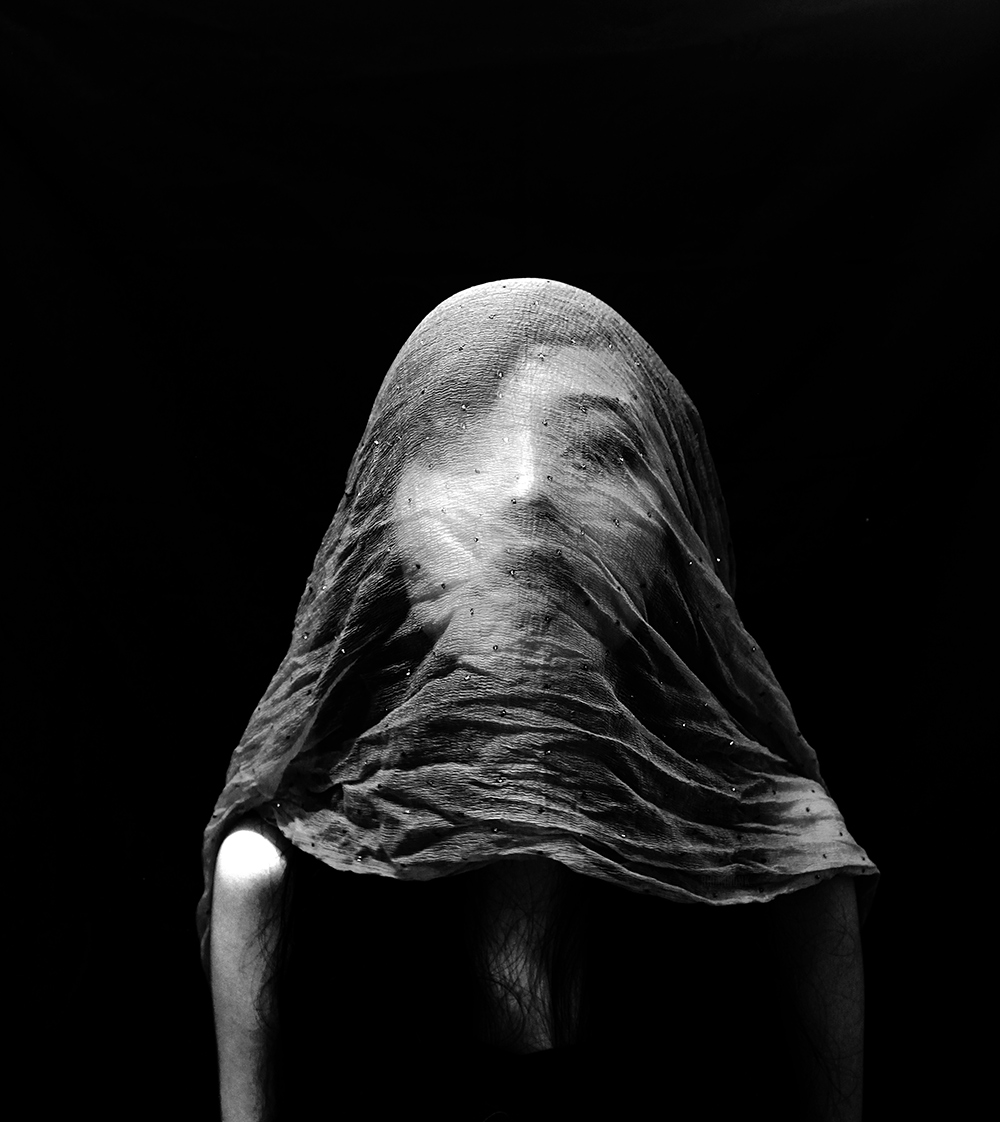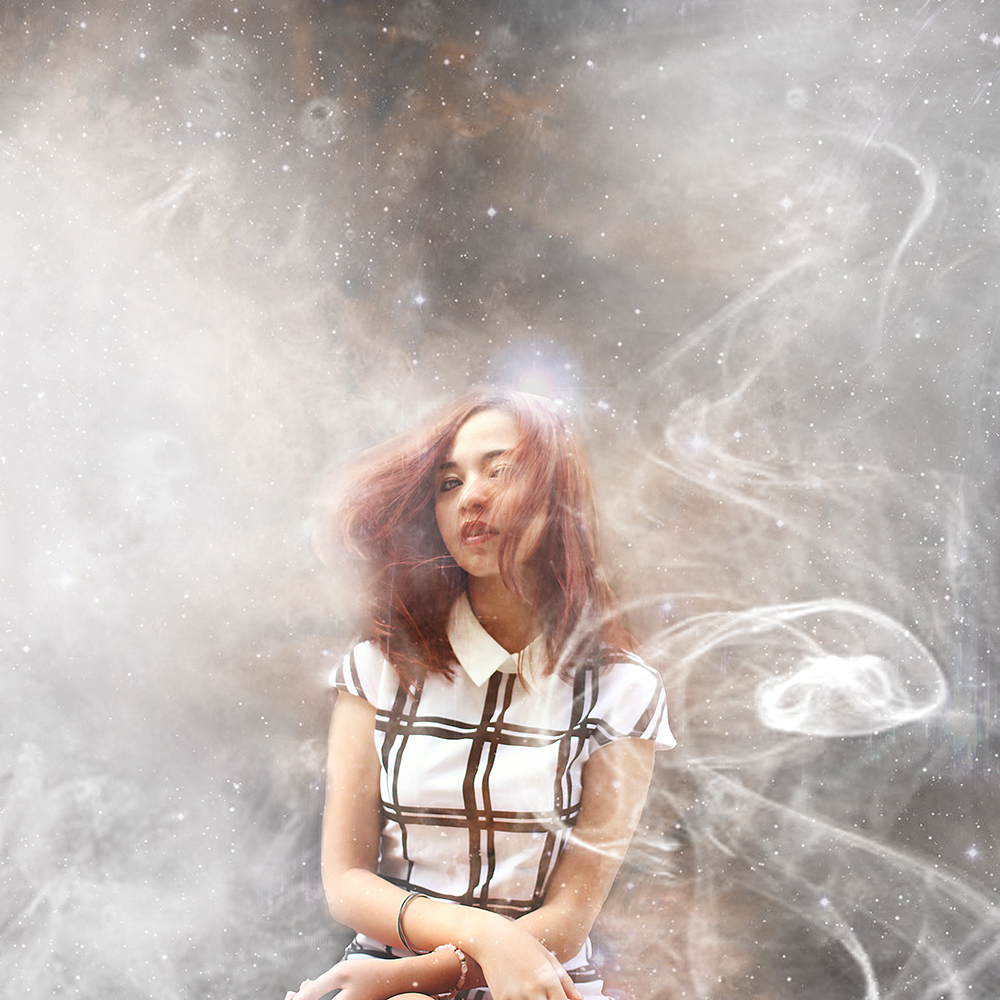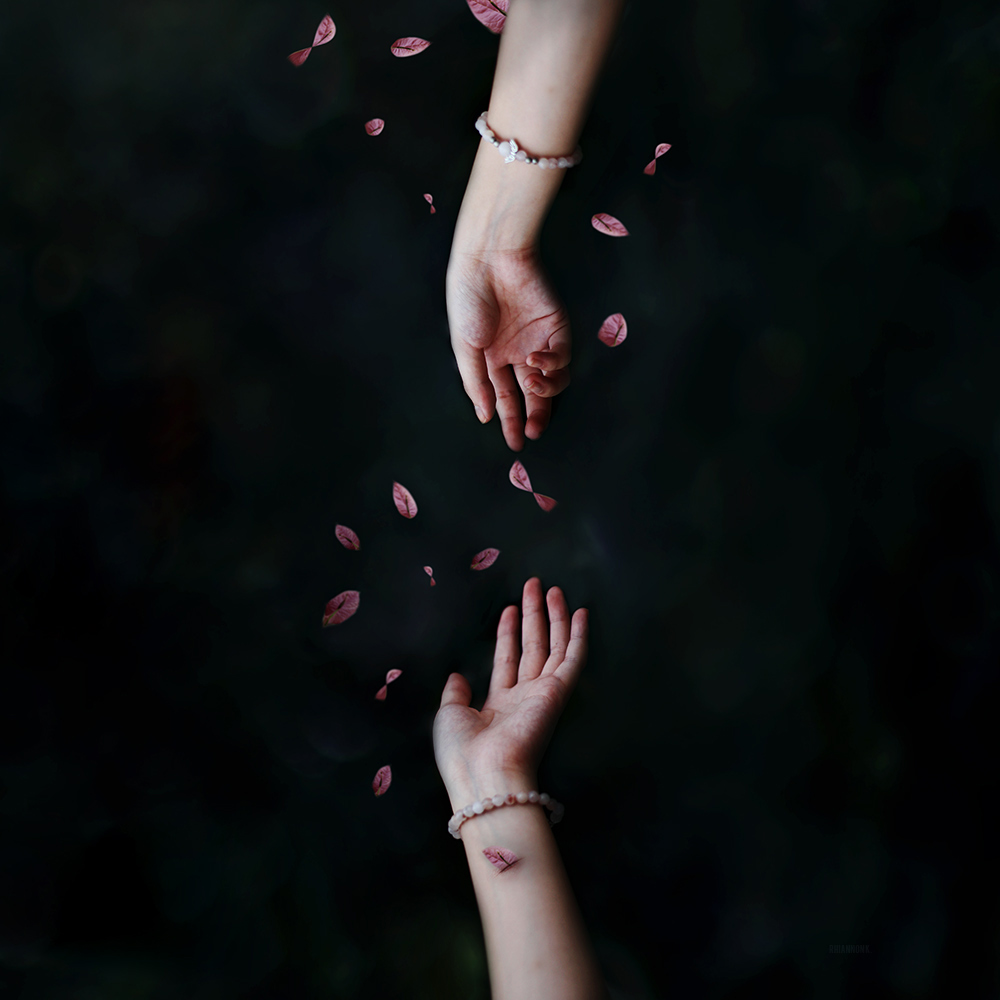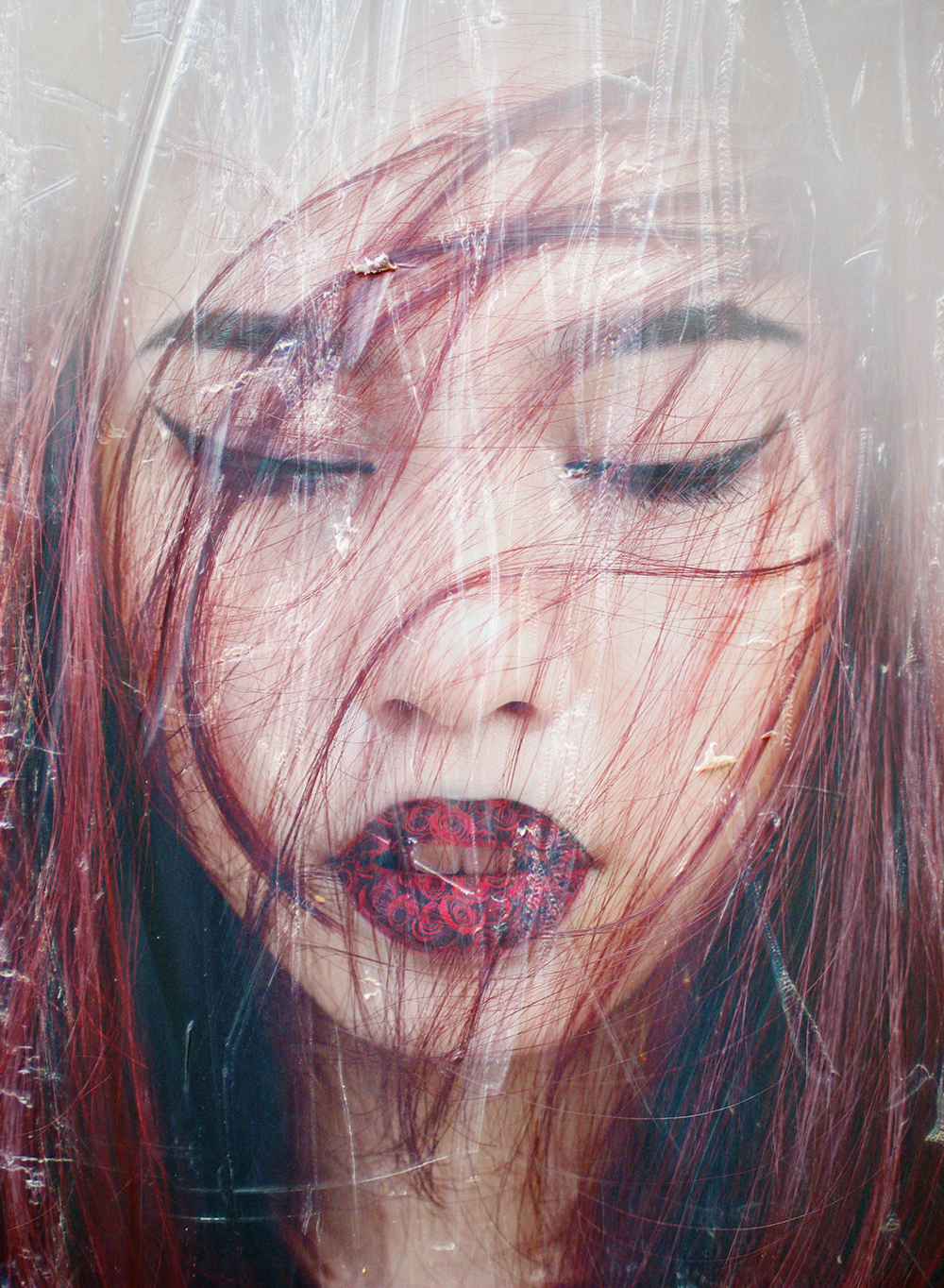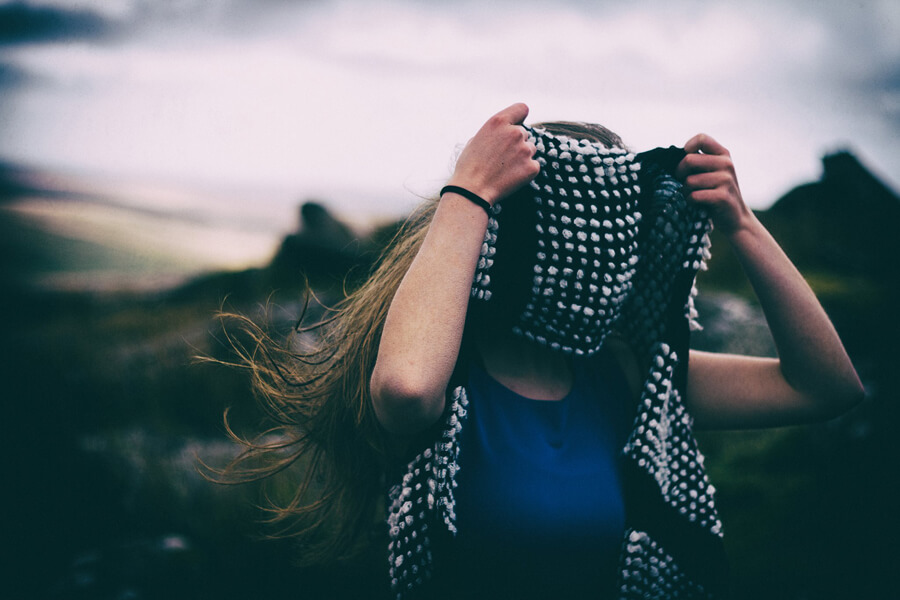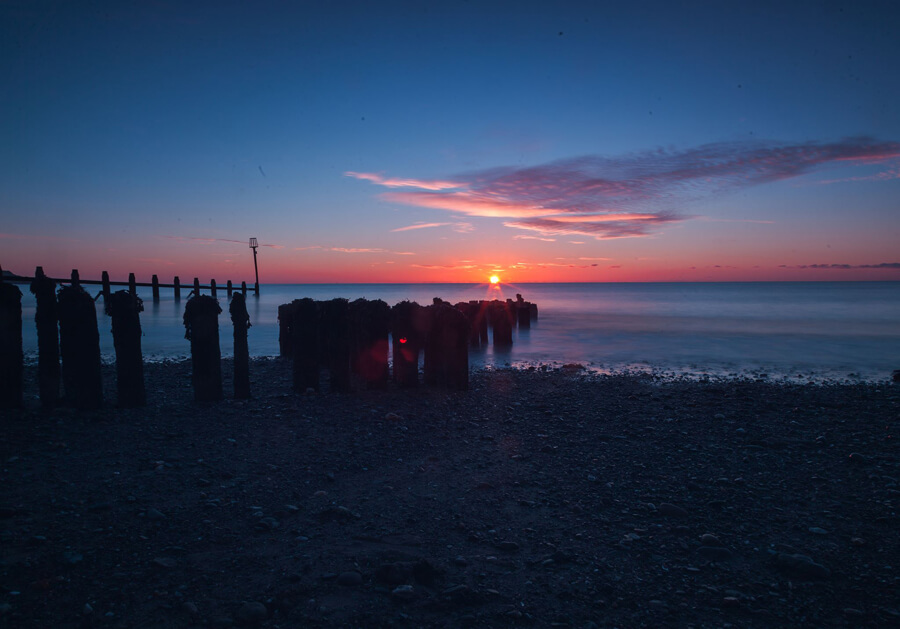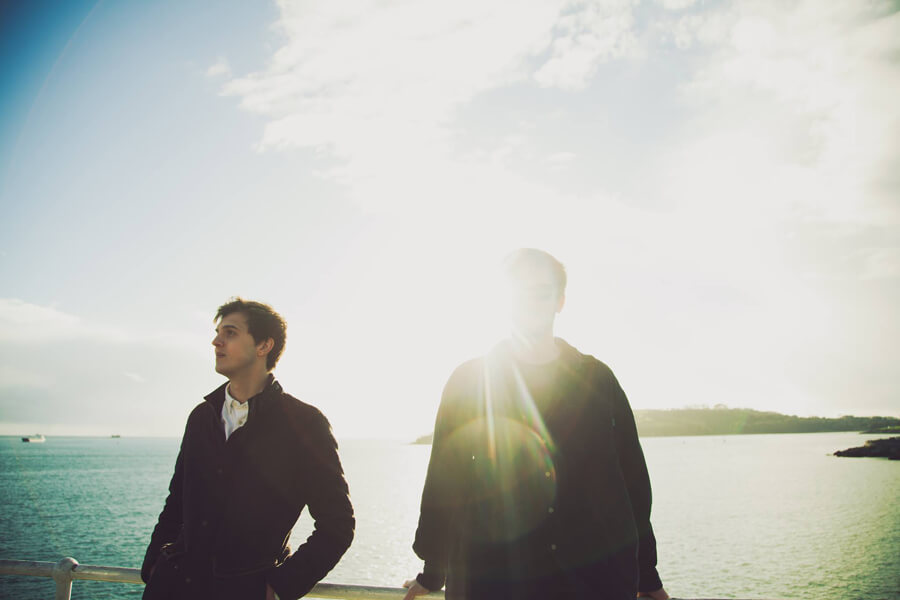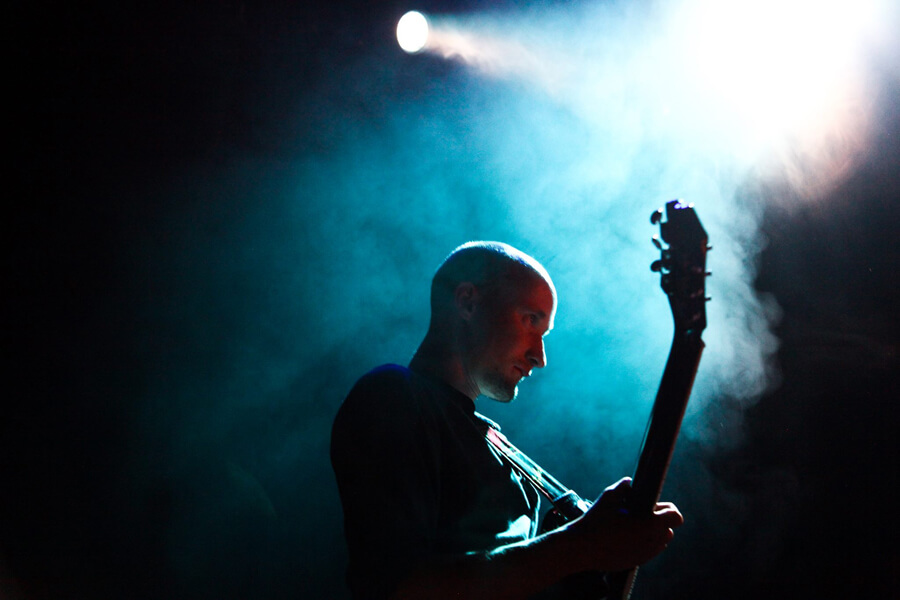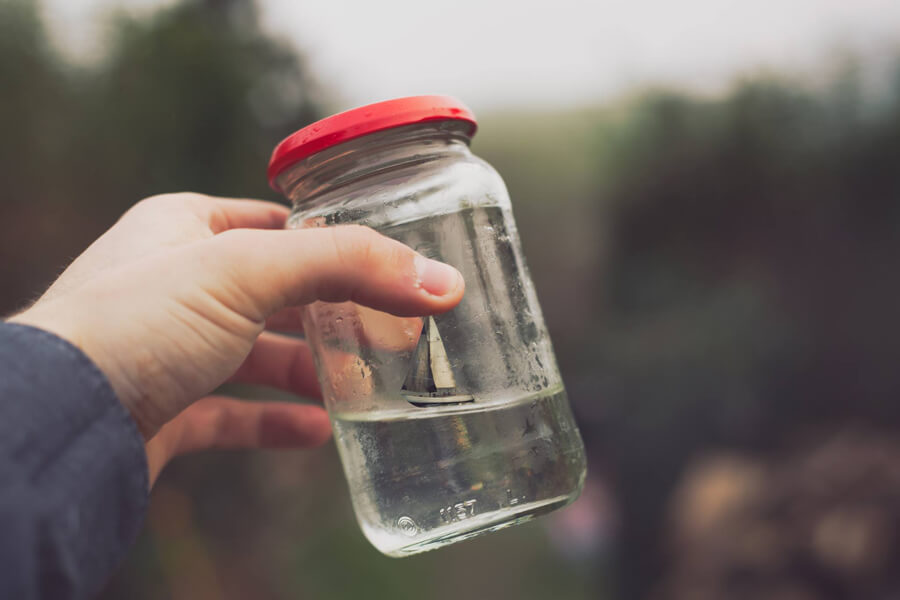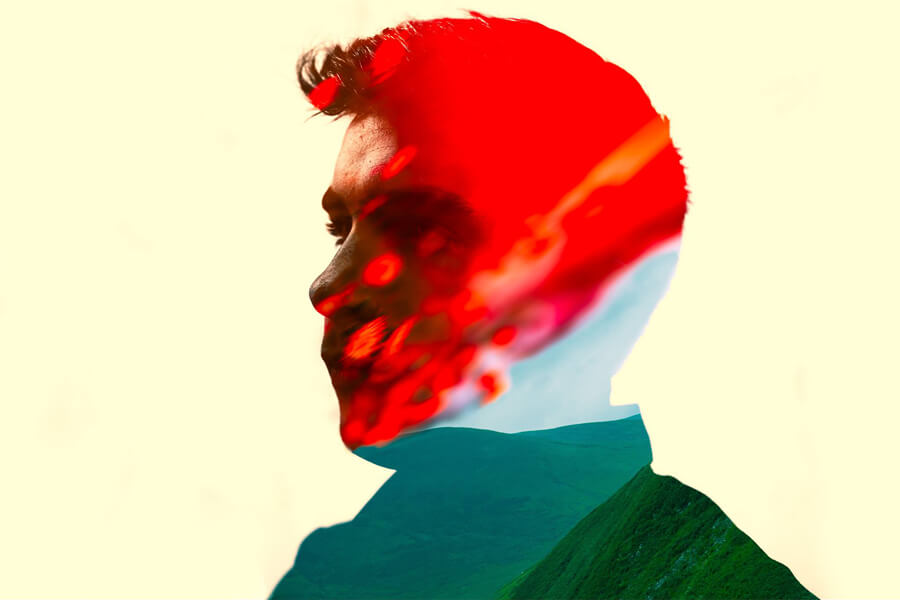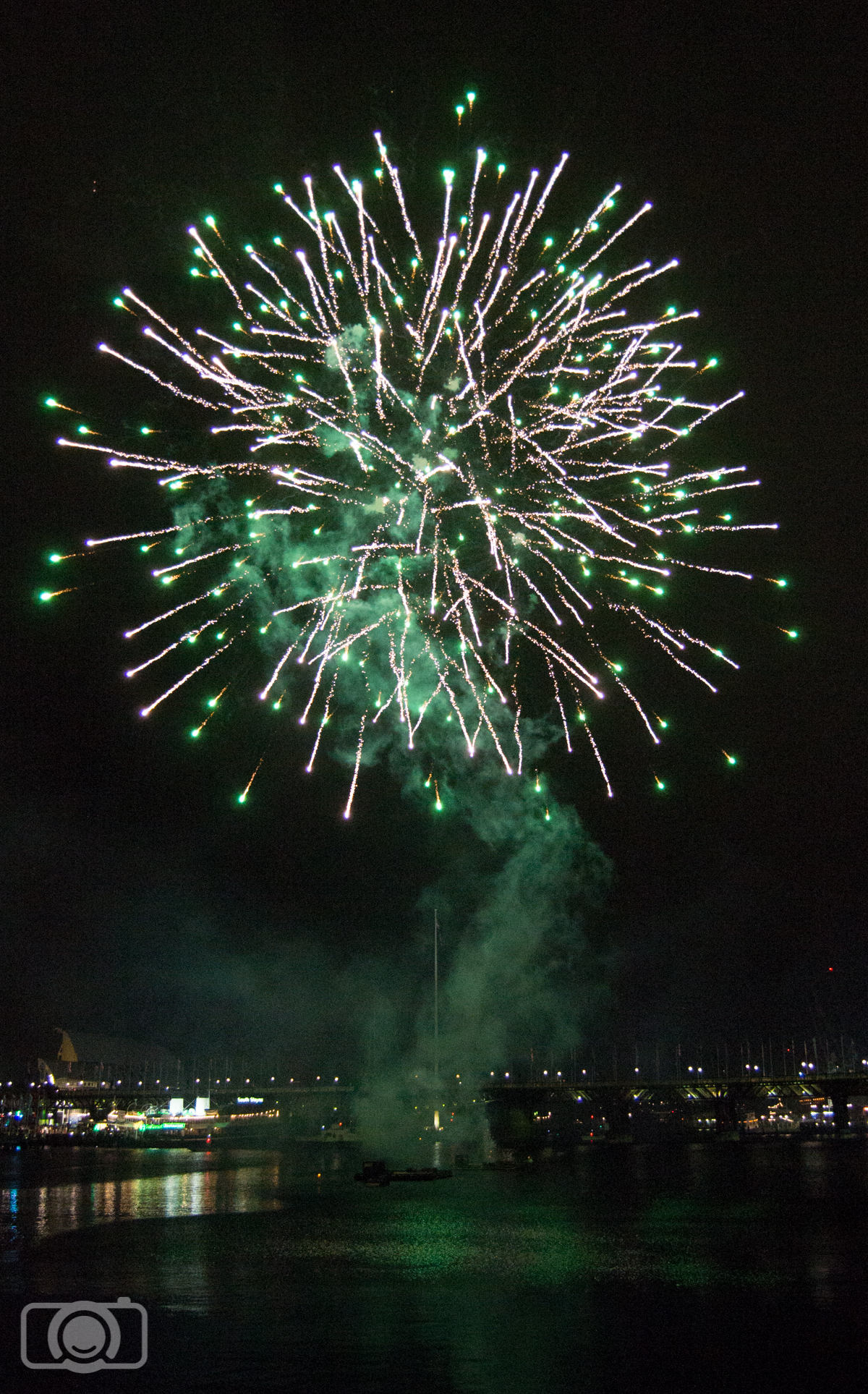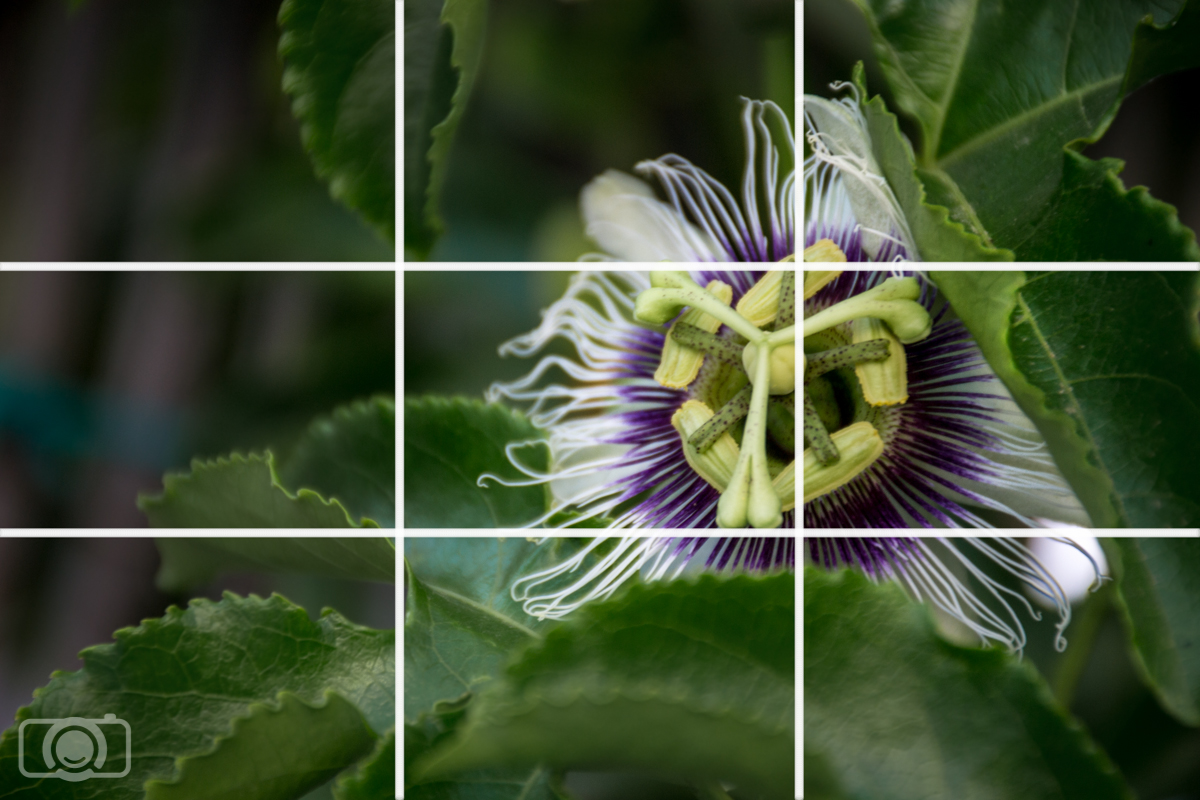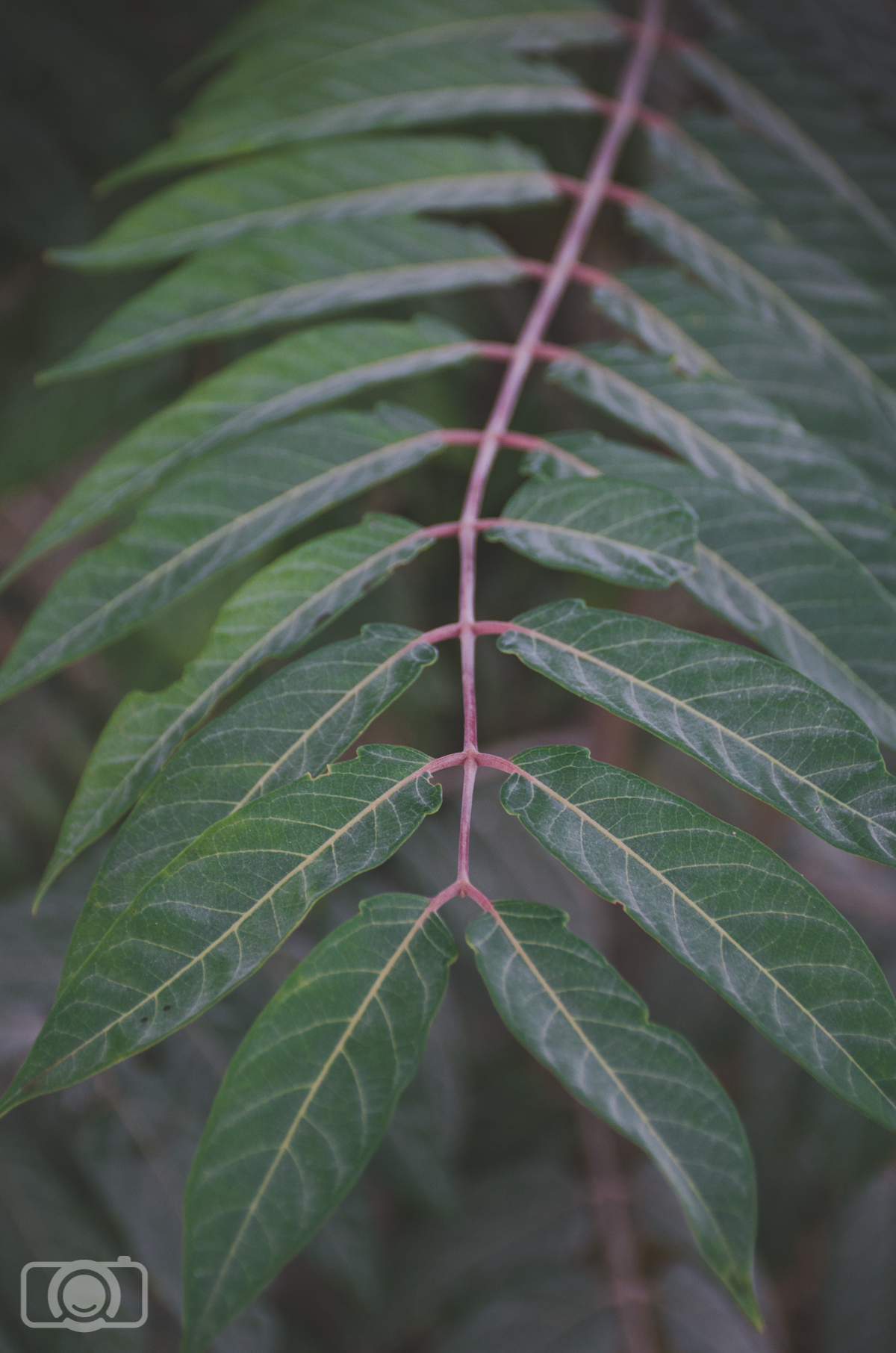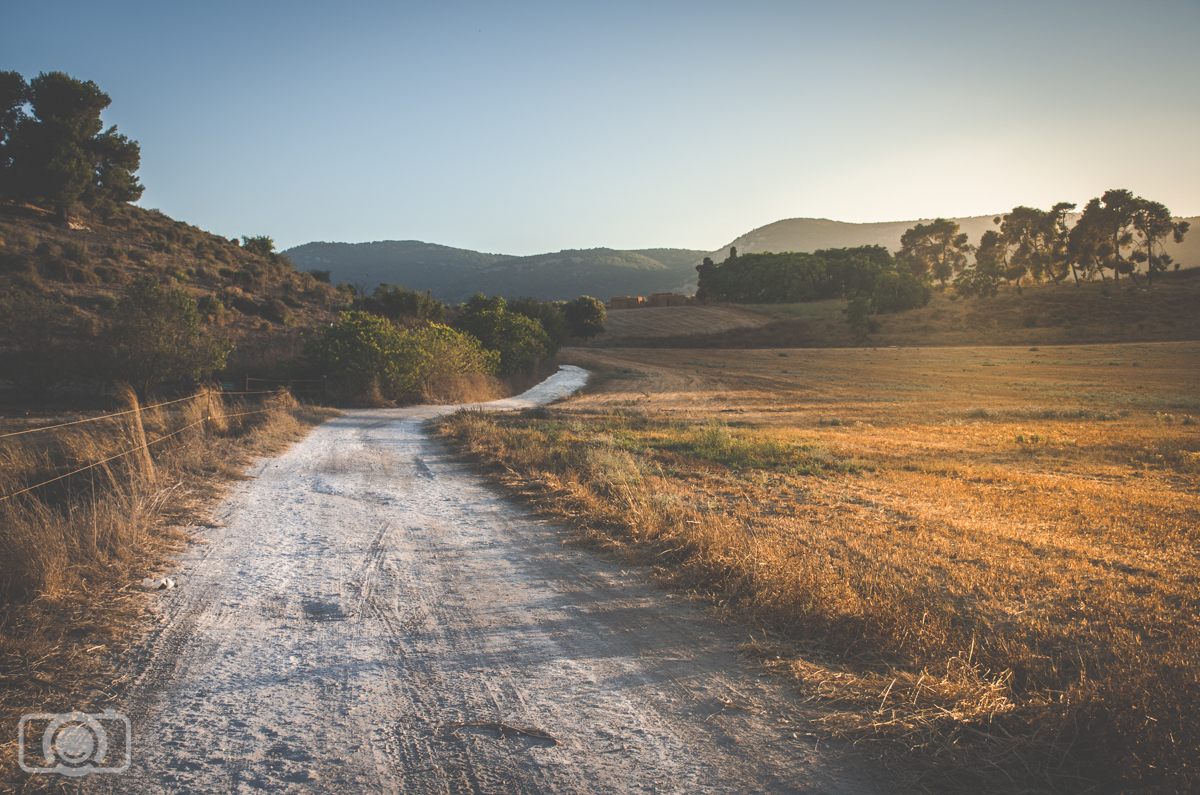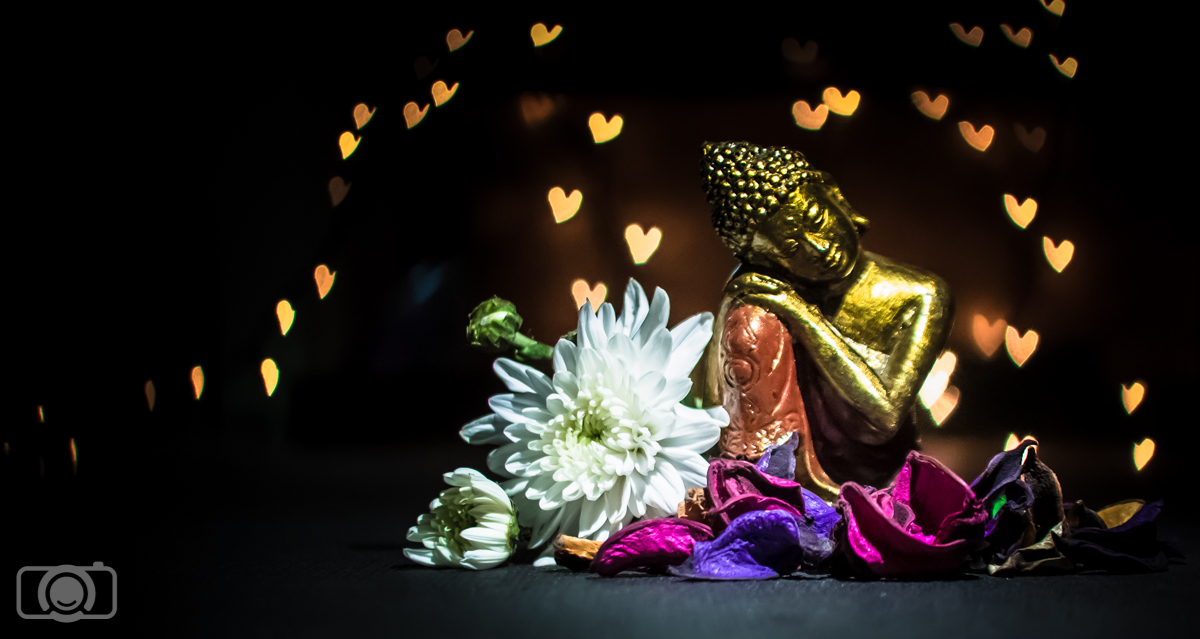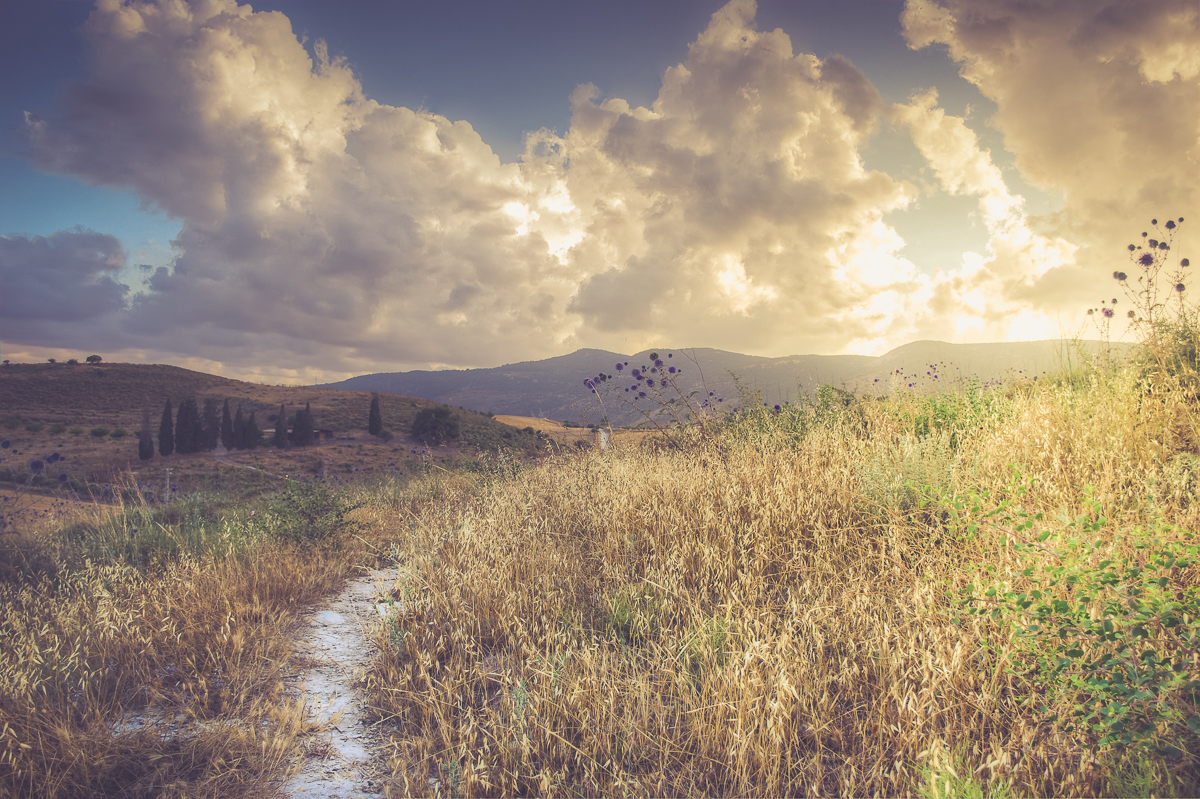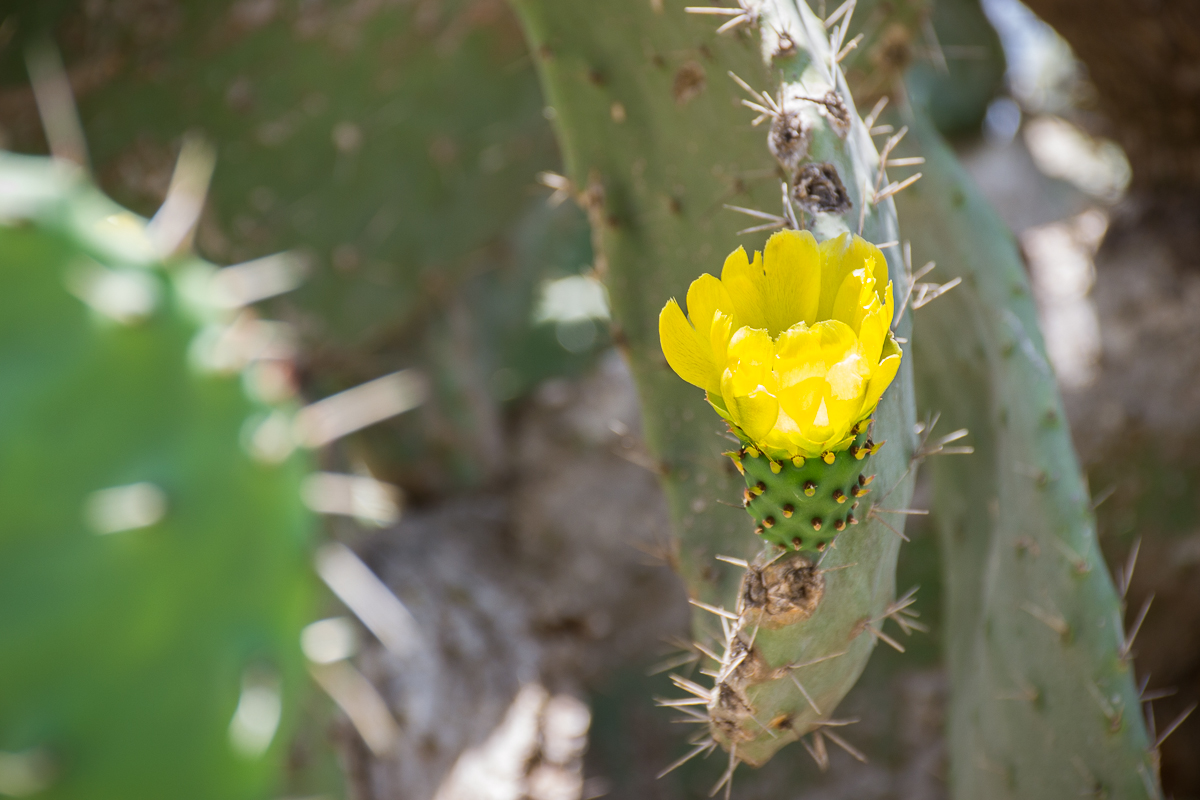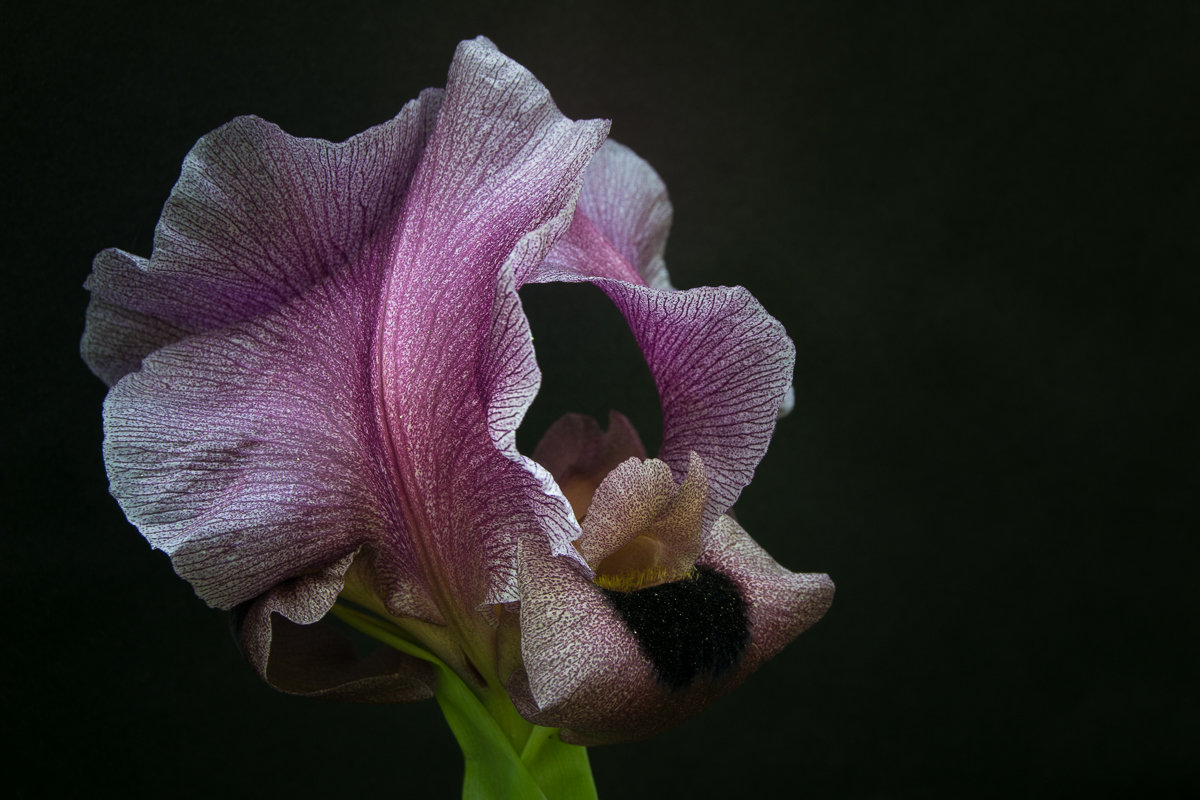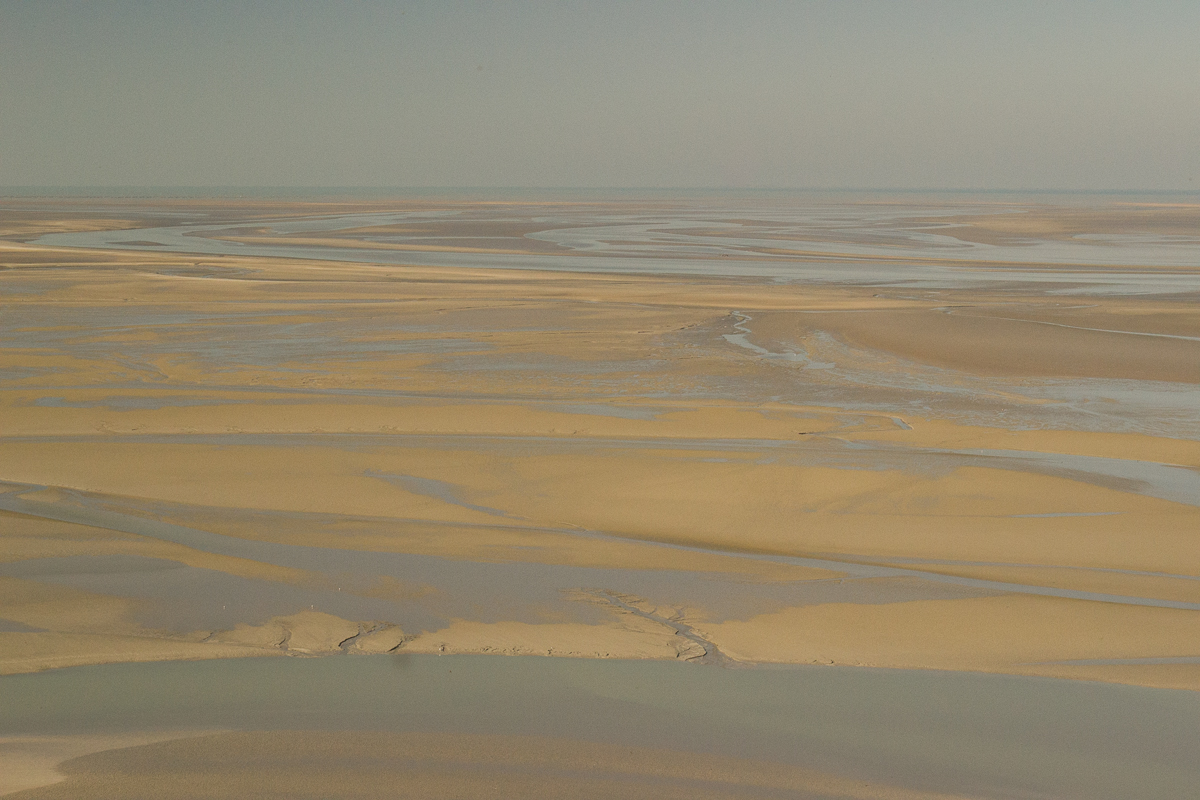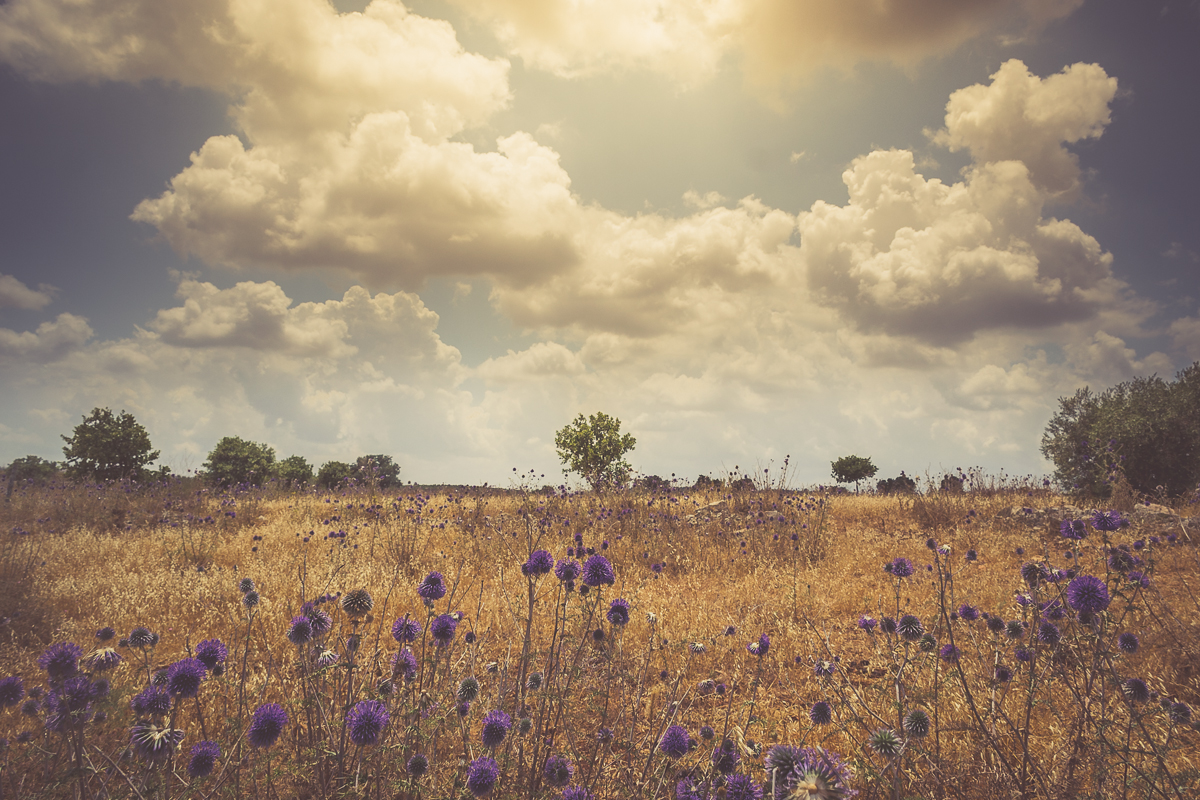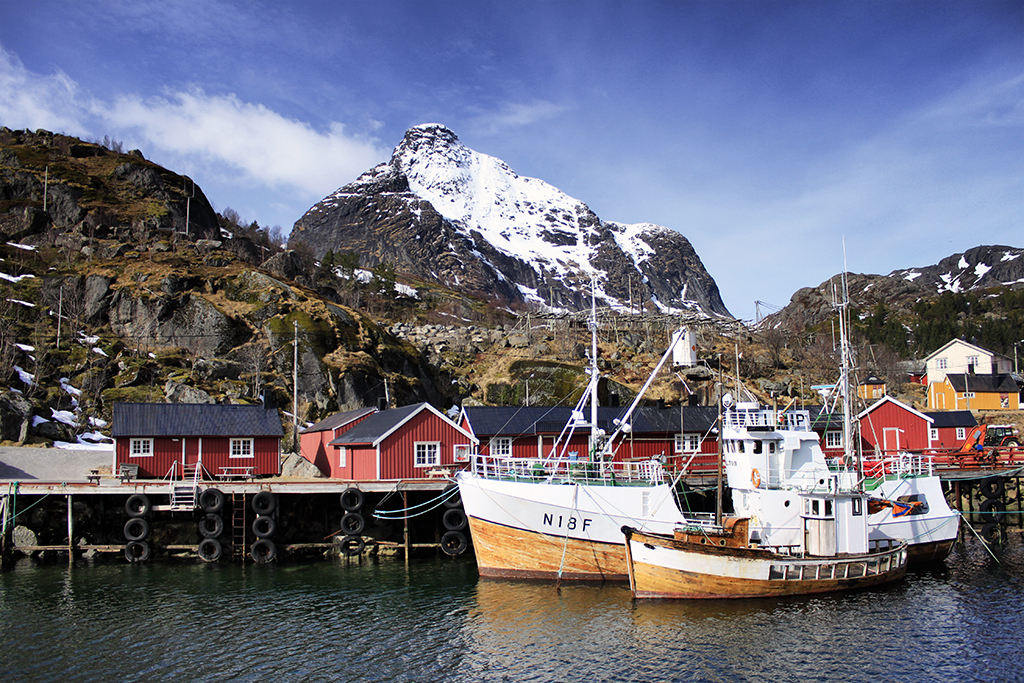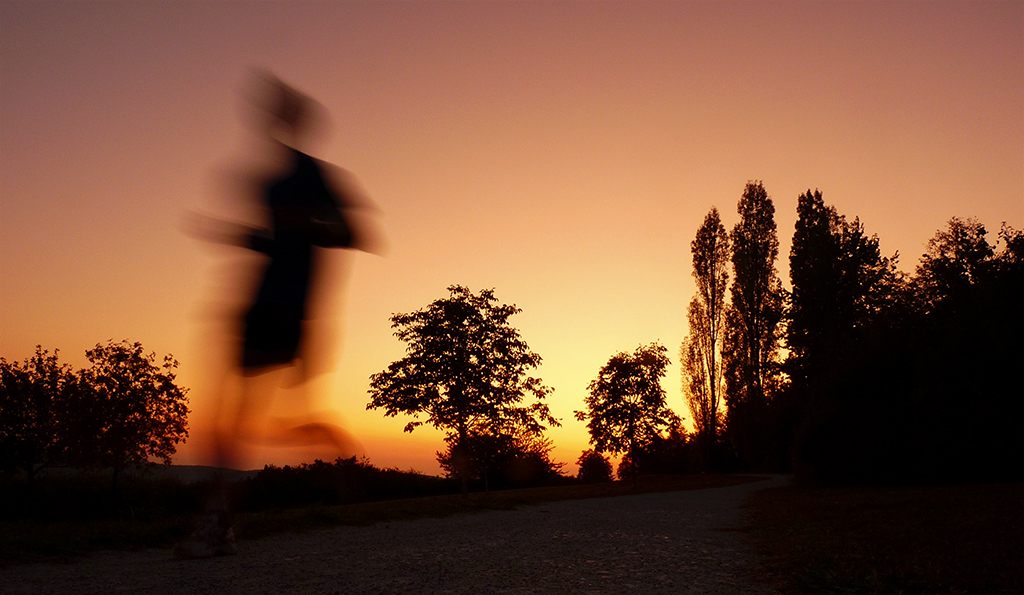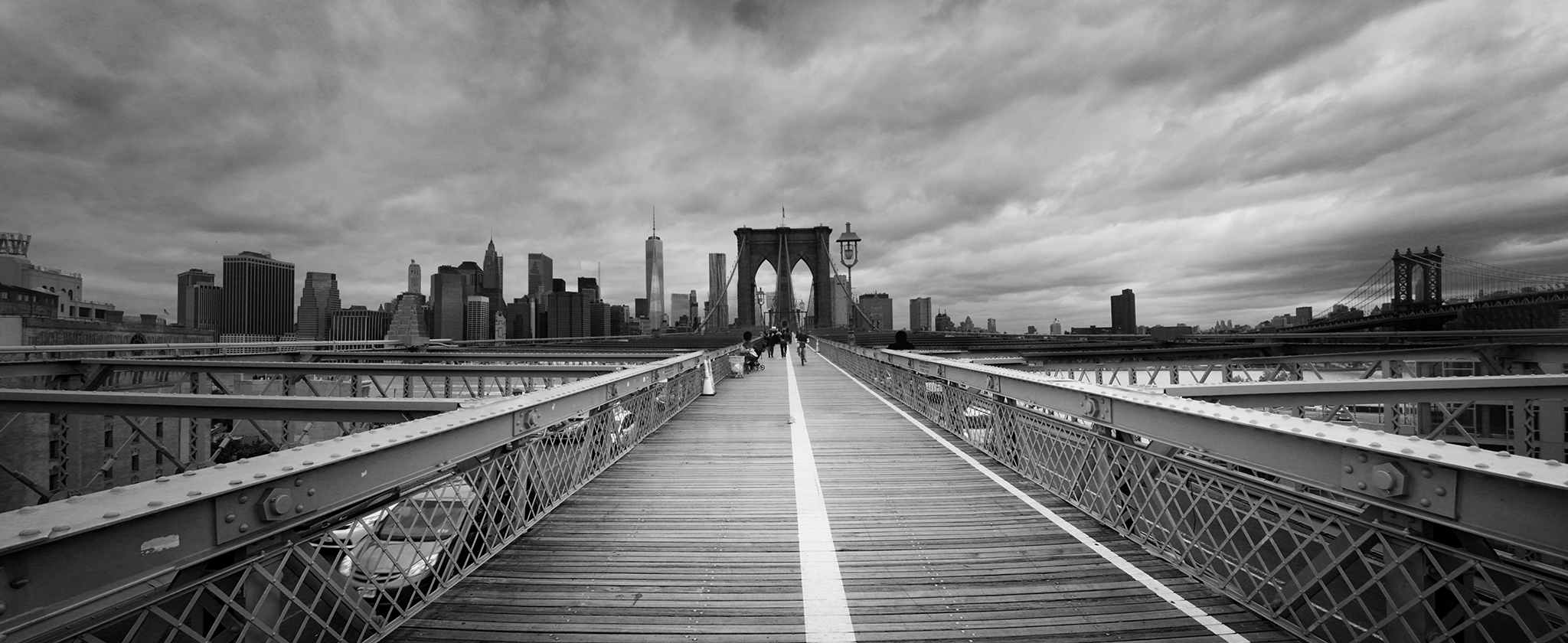We’ve all compared ourselves to someone. We all know how paralyzing it is to feel out of place in a beloved industry.
When comparisons come into the picture, all we can think about is our lack of self-worth. Our photos lose meaning, our ideas seem dull, and our goals turn into unachievable dreams. Fortunately, these thoughts are often just illusions. You have all the tools you need to conquer them.
In this article, you’ll discover why comparisons aren’t worthy of your time. You’ll also get several tips on what to do when you fall into a pit of low self-esteem.
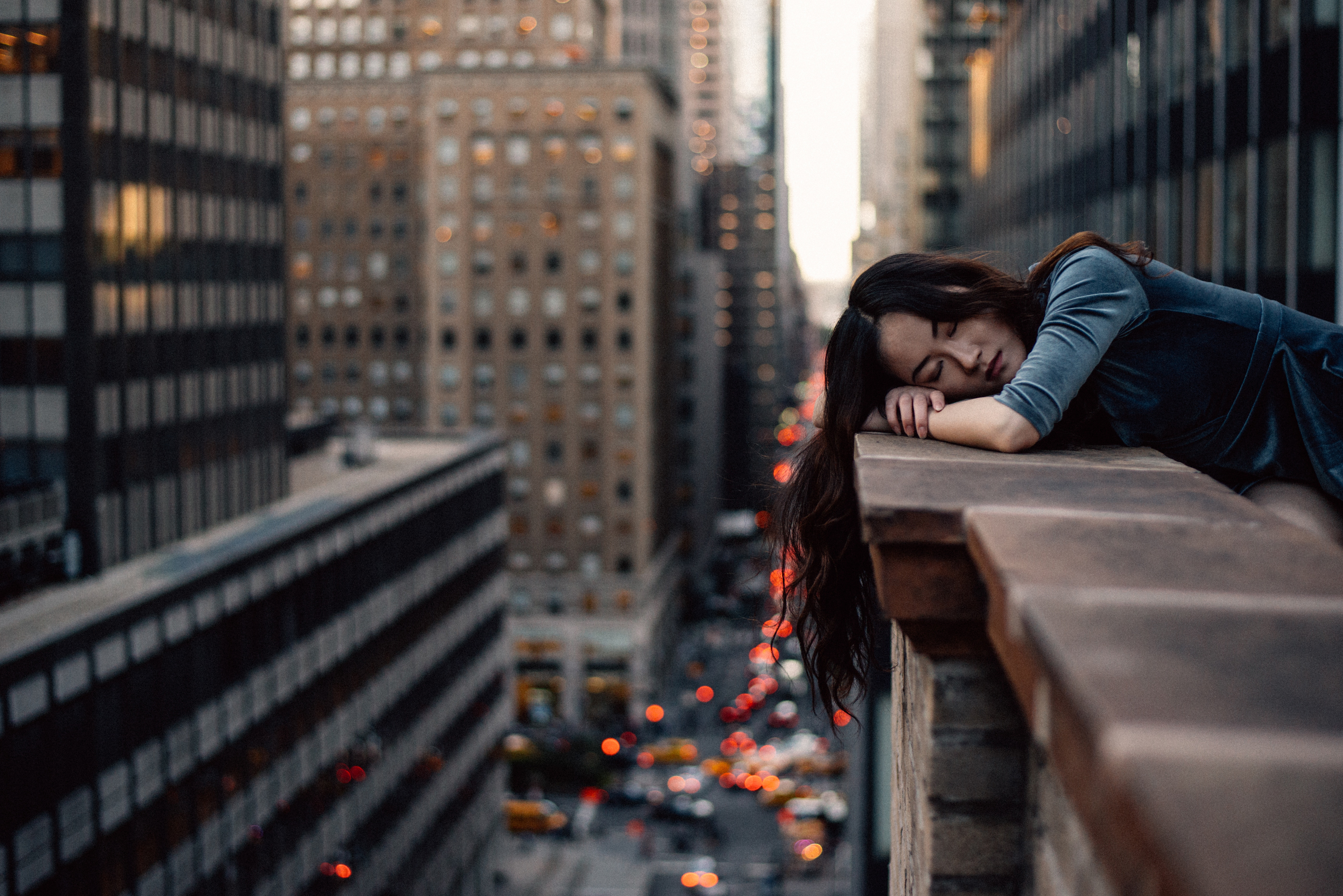
It’s Just Stressful
Let’s get the most straightforward reason out of the way: comparing yourself to others is time-consuming, confidence-killing, and paranoia-giving. In short, it’s one of the most effective ways to stress yourself out. That, dear reader, is something you don’t deserve.
Life is stressful enough as it is. No matter how old you are, it’s likely that you already have a bunch of issues that you’re working hard to solve. Adding photography to that pile will not only put pressure on you but make life seem purposeless.
If you find that you’re constantly comparing yourself to others, take a step back. Acknowledge the stress, accept its existence, and replace it with healthier thoughts like I’m full of potential or there’s always room to learn.
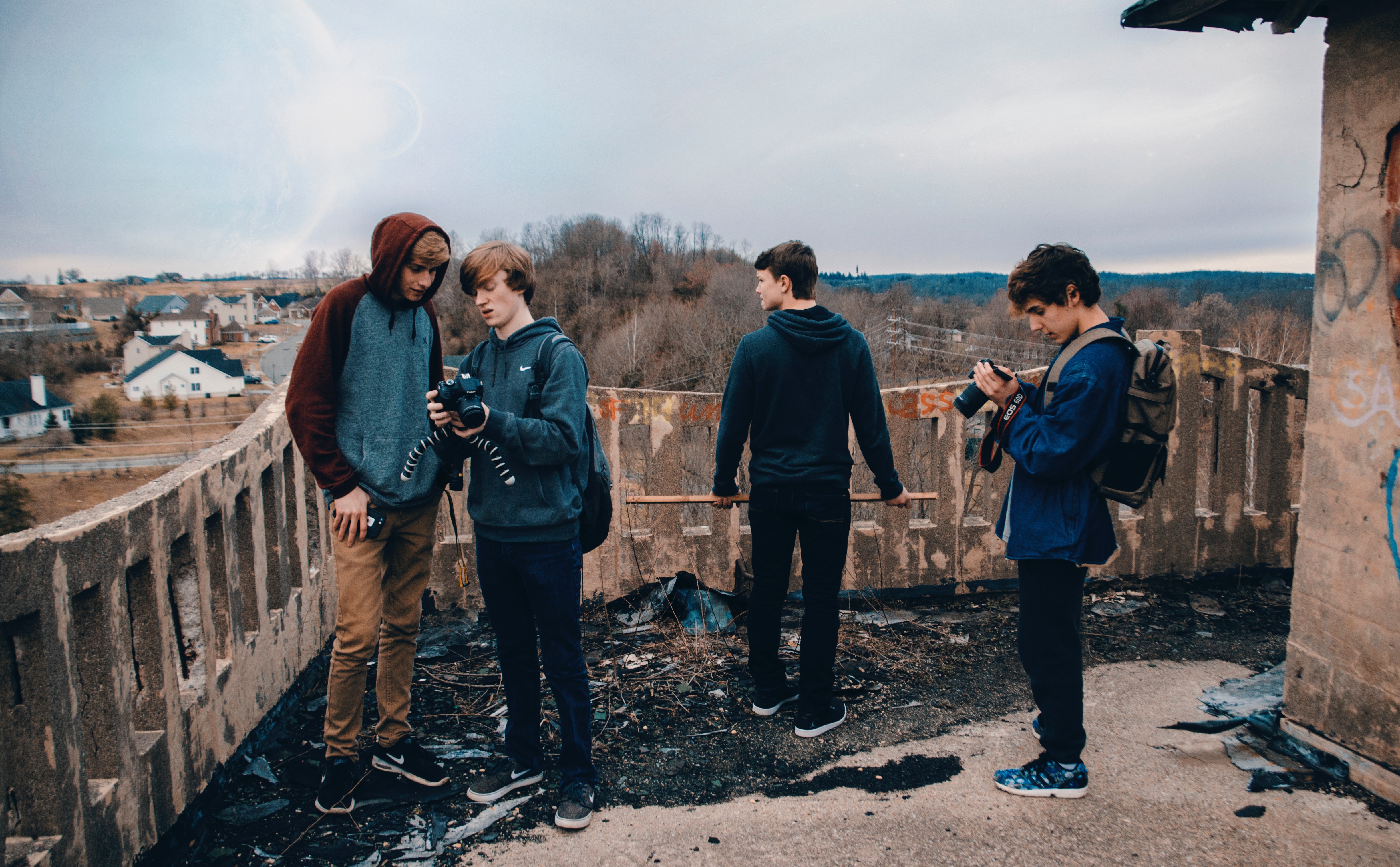
There’s Room for Everyone in the Industry
Oftentimes, the comparison is directly linked to the fear of not being worthy of a dream. For instance, you might compare yourself to other travel photographers if you want to become one yourself. You might try to find reasons you’re not talented, rich, or deserving enough.
The truth is, regardless of how many photographers enjoy your favorite genre, there’s always room for you in the art community. There will never be too many “similar” photographers in this world. In fact, the more artists there are, the more inspiration you’ll have access to.
Even if you’re looking for a photography-related job, don’t assume that you don’t have a chance just because you don’t have enough experience. The best photographers, in my opinion, have a fiery passion within them. Using that passion, they achieve their biggest dreams. You are more than capable of doing this.
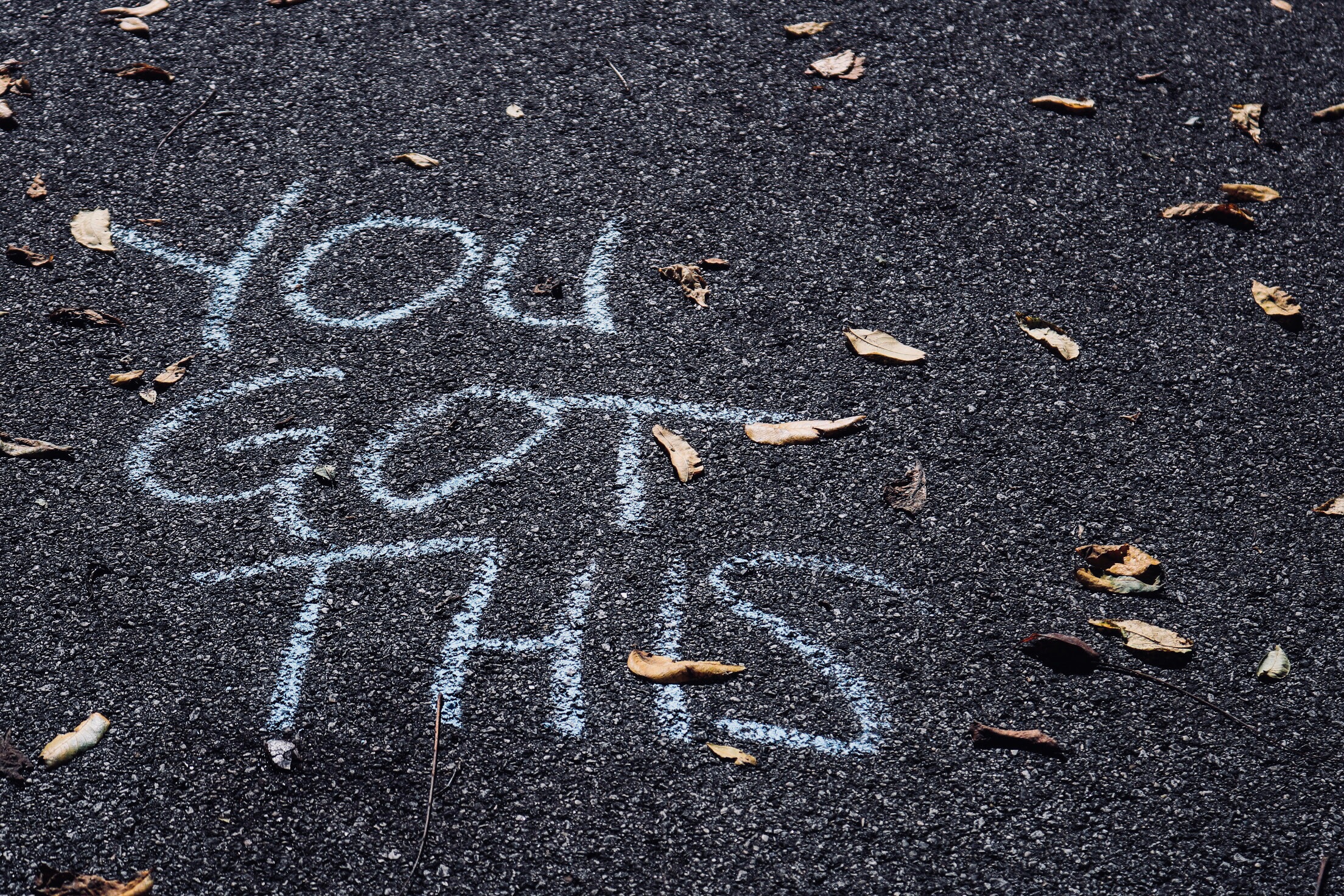
Competition Creates Resentment
There’s nothing wrong with trying to improve and evolve as an artist, but there’s a limit to how much you should compete with others.
If you’re trying to get a job, competition is important. If you’re aiming to do your best in school, competition is also very important. When it comes to the art community, however, it’s crucial to remember that nobody is competing with you.
If you look at your favorite photographers and see nothing but competition, you’ll feel bitter, uncomfortable, and insecure. This attitude completely ruins the very point of art: to soothe, inspire, and empower.
Your fellow photographers are in no way better than you. Many of them are willing to shower you with their support and advice. All you have to do is reach out, befriend them, and learn from them. It’s better to win with others than to win on your own, anyway.
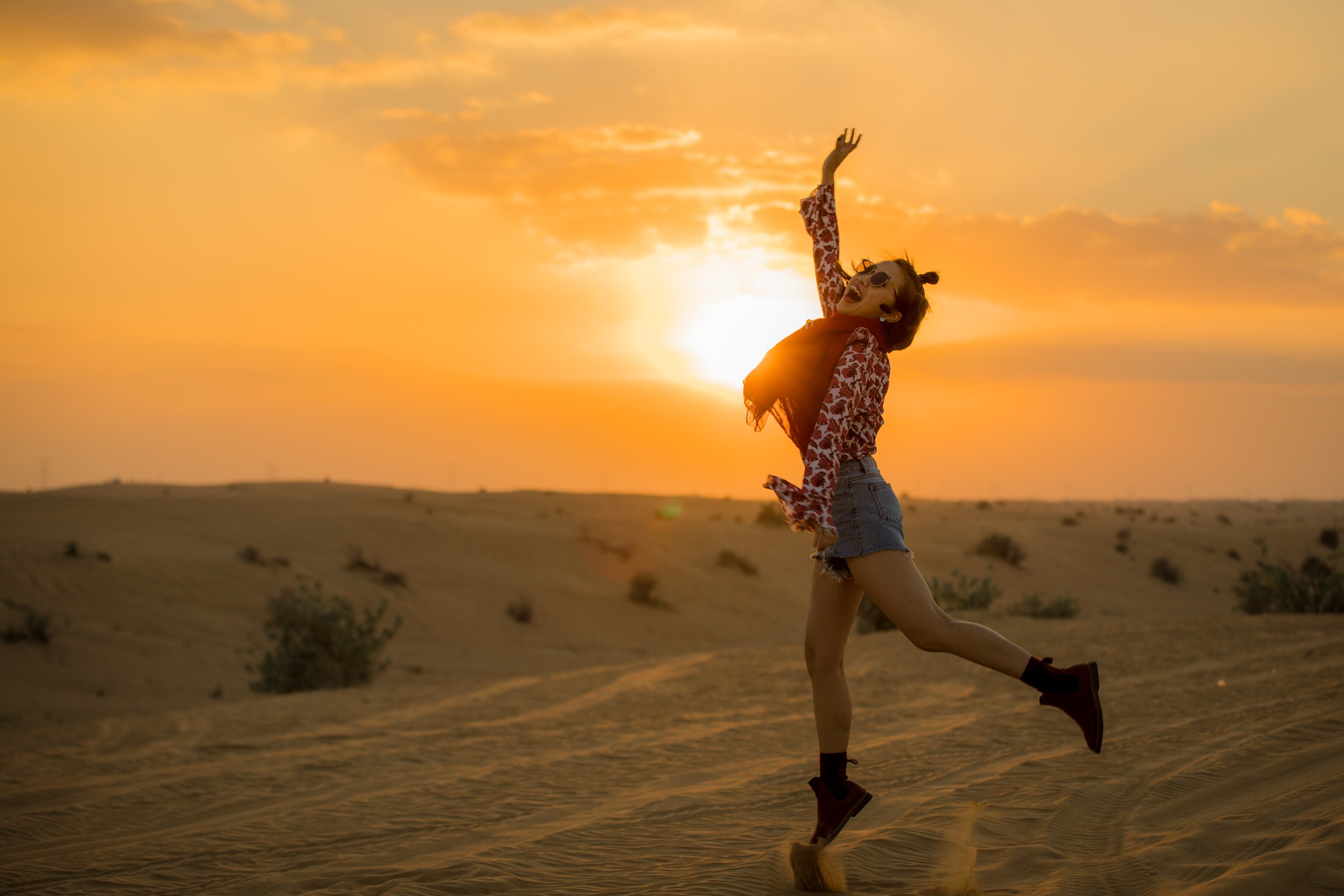
You Really Are Unique
No matter how similar your style is to someone else’s, your work is unique. No matter how many landscape/portrait/macro/travel photographers there are out there, you can stand out in your genre. No matter how many stories have already been told, yours will resonate with someone out there. And no matter how much you beat yourself up, the truth will remain: no one can be like you.
Instead of wasting your time on useless comparisons, find inspiration and create art. This way, you’ll be able to grow as an artist and inspire others through your portfolio.
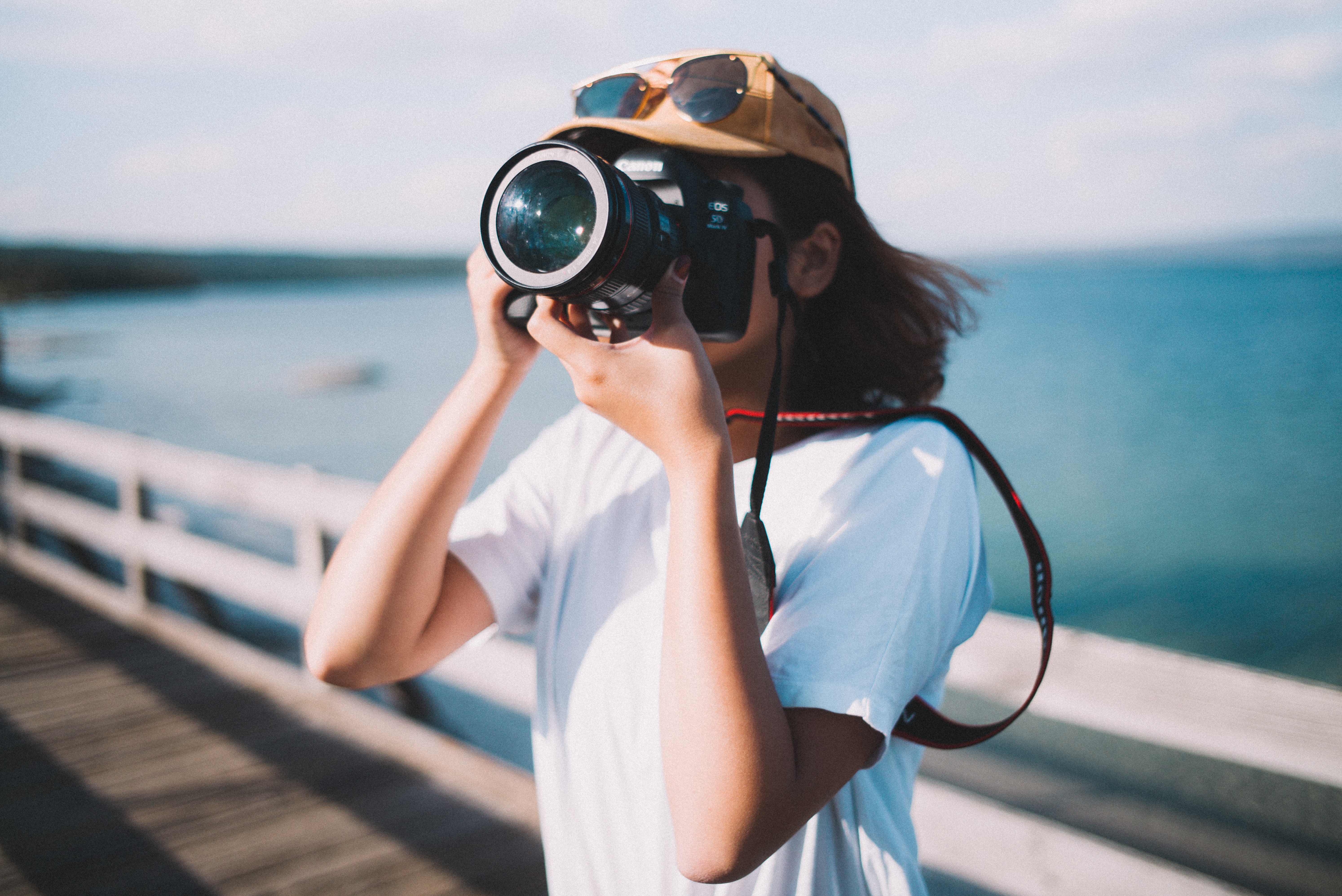
The next time you look at a fellow photographer and compare yourself to their success, take a step back. Appreciate their work, value the time they poured into it, and use that energy to create beautiful photographs of your own. If you do this, you’ll be proud of your decisions, have more friends, and receive more support. Isn’t that better than wasting your precious years on empty comparisons?

